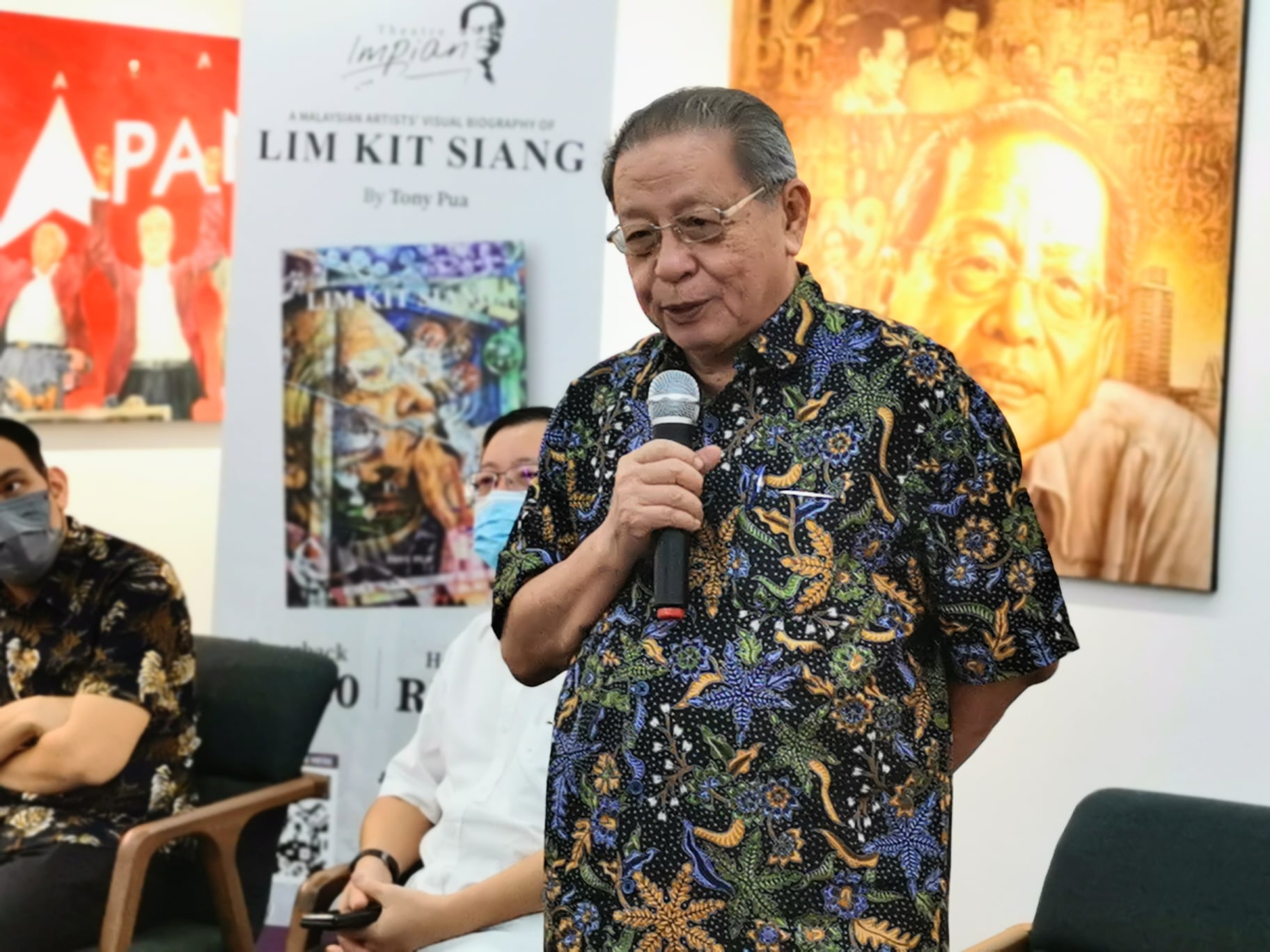KUALA LUMPUR, July 31 – Lim Kit Siang today urged the government to postpone the second reading of the contentious tobacco bill, pending reviews by two additional parliamentary committees.
The veteran DAP leader noted that the Dewan Rakyat special select committee (PSC) on women and children affairs and social development, chaired by Pengerang MP Azalina Othman Said, has called for a review before second reading in the Dewan Rakyat to ensure that the Control of Tobacco Product and Smoking Bill 2022 is in line with the United Nations’ Convention on the Rights of the Child (CRC).
Additionally, Lim, who is Iskandar Puteri MP, said the proposed tobacco control law should also be reviewed by the PSC on fundamental liberty and constitutional rights, before it is tabled for second reading in the Lower House tomorrow.
“There is no reason for the Health Minister to be suddenly in such a rush to legislate the Control of Tobacco Product and Smoking Act without going through due process by referring it to the PSCs concerned,” Lim said in a statement today.
“It should be dropped to the bottom of the list of official business and its second reading postponed, depending on the recommendations of the PSC on women, children and social development, as well as the PSC on fundamental liberty and constitutional rights.”
The PSC on fundamental liberty and constitutional rights, which is chaired by Beaufort MP Azizah Mohd Dun, has yet to issue a statement on the Control of Tobacco Product and Smoking Bill.
In a statement issued yesterday, the PSC on women and children affairs and social development expressed concern with the scope of enforcement powers under the tobacco control bill – such as powers of search and seizure with or without a warrant and to enter premises – stressing that handling of minors requires child sensitivity training.
The powers of search and seizure, according to the bill, within any premises, including one’s home, includes a body search and the authority for forcible entry.
In its recommendations tabled in Parliament last Wednesday after the tabling of the tobacco bill for first reading, the health, science and innovation committee chaired by Bandar Kuching MP Dr Kelvin Yii recommended no criminalisation of individual consumer possession.
The health PSC had also recommended delaying implementation of the GEG by three years to the 2008 – rather than 2007 – generation, besides calling for two mandatory reviews of the tobacco control law spanning three and 10 years each.
After the draft bill was finally published following first reading four days ago Wednesday, several lawyers like Syahredzan Johan have expressed concern about potential abuse of power from wide enhancement powers granted in the proposed tobacco control legislation – such as powers of search and seizure and to check one’s personal devices that are not limited to specific offences.
The tobacco bill with its proposed generational ban on tobacco and vape does not only prohibit the sale of such products to those born from January 1, 2007, but also penalises the offences of personal possession or consumption of these products, as well as smoking or vaping, by the next generation with a maximum RM5,000 fine upon conviction.
A few physicians, such as HIV expert Prof Dr Adeeba Kamarulzaman from Universiti Malaya and paediatrician Dr Musa Mohd Nordin, have also criticised the criminalisation of tobacco and vape users in the bill, particularly of young people and the low-income.
Although Health Minister Khairy Jamaluddin has said that the “end game generation (GEG) targeted by the bill will not receive a criminal record under the Registration of Criminals and Undesirable Persons Act 1969 (Act 7) for convictions, Syahredzan pointed out that any offence remains an offence, whether it is registrable under Act 7 or not or whether it is compoundable or not.
Enforcement against all offences under the law, according to the lawyer, involves the powers to investigate and to arrest, seize, or enter premises, and a subsequent decision to compound or charge in court, regardless of whether the offence is registrable under Act 7.








